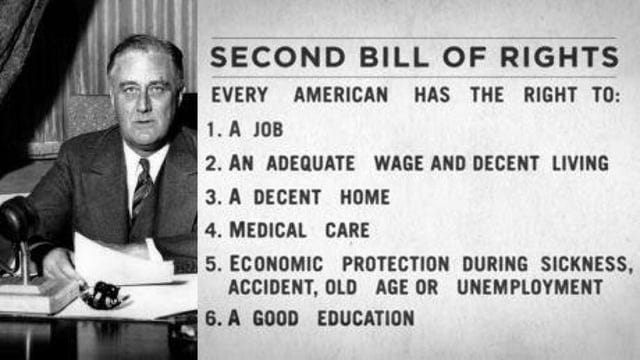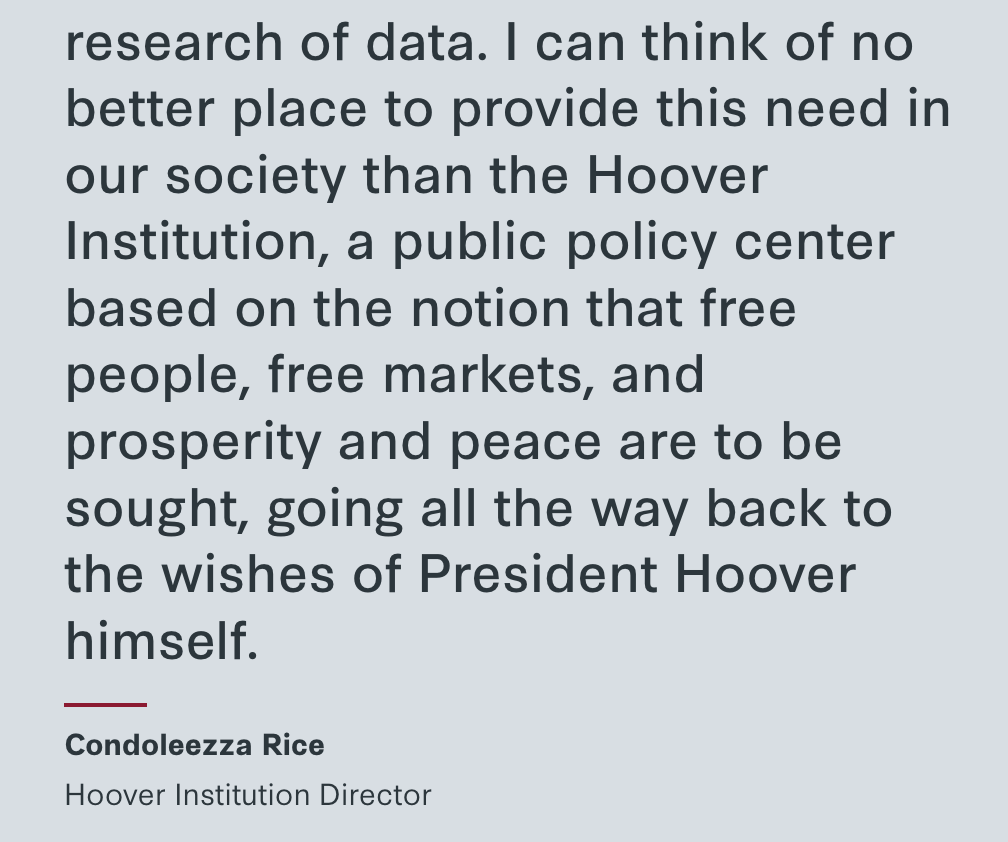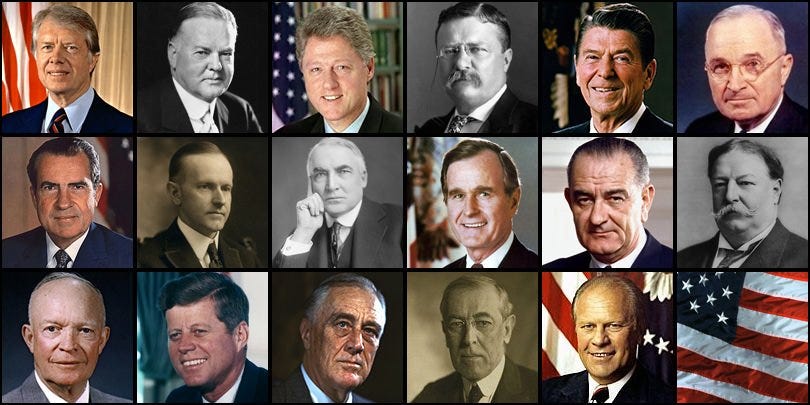Georeactor Blog
RSS FeedHerbert's Hidden History Part 1
This is my reboot of book posts, which might focus on history? I won't be finishing the book in time, so part 2 will be after my travels. Later this year I hope to visit the Hoover Presidential Library and Museum (and Herb N' Lou's Pizza) in West Branch, Iowa. 🚴
The book is: Freedom Betrayed: Herbert Hoover's Secret History of the Second World War and Its Aftermath.
The Author's Message
After losing to FDR, criticizing the New Deal's expansion of federal power, and witnessing the suffering from another World War, Hoover set to work on this alternate history which remained hidden after his death in 1964.
Dr. George H. Nash, already the author of a definitive three-part Hoover biography, recovered this and an anti-New Deal history (The Crusade Years) from the archives in 2011. The president's grandson took interest and approved of the project (sadly dying shortly before publication).
With the introduction and documents, it's a 1,000-page brick of a book which serves as a unique document and historical perspective.
A Quaker who had seen the devastation of Belgium and short-sighted revenge at Versailles, former president Herbert Hoover urged America not to return to war. To intervene would mean "making the world safe for Stalin", ending the British Empire, and bringing generations of "practically fascist" military mobilization to the US. While the war was confined to Europe, Hoover focused on protecting civilian life - he was sought after to organize relief by the Roosevelts, the Red Cross, Finland, and Poland. But from the day after Pearl Harbor, this book was not far from his mind - his office collected documents to show FDR had provoked war on both continents, corresponding with MacArthur and Lindbergh (oof).
Chapters are either narrative from notes, or a flow of snippets from speeches and documents. This format was seen at the time as avoiding bias by hanging someone with his own words.
Early on, the book is concerned with communism's tactics. They have infiltrated government, unions and the NLRB, and virtually all protests (allowing Hoover to revisit his response to the Bonus March). This section is highly relevant to a 1960s conservative reader, leaning on pages from HUAC and a quote from Lewis Strauss (as seen in Oppenheimer). Even the Spanish Civil War and its American brigades are cast as communist fronts. It's this infiltration which sets the groundwork for the US government to recognize and support the Soviets at key times.
 FDR introducing a Second Bill of Rights. Not pictured: Hoover seething at home.
FDR introducing a Second Bill of Rights. Not pictured: Hoover seething at home.
Hoover now starts over in chronological order - his 1938 meetings with Hitler, Chamberlain, and other figures. The worldview is difficult to understand from the modern perspective, but is distinct from isolationism. Trying to break it down here:
- Historians believed in a European balance of power, with Germany and Italy rising to counter the threats of Soviet subversion and invasion (ickily accepting the propaganda here).
- The UK deliberately did not enforce restrictions on Germany from the Treaty of Versailles, because they recognized a useful counterweight to Stalin. The politicians in Austria, Belgium, Latvia, and France all agreed that the US should not get involved (or, the ones who met Hoover agreed with him).
- If all were careful, war could be confined to the East (Austria, Czechoslovakia, Poland, then confrontation with the USSR). The worse outcome would be for the war to tip the other way, with Western Europe fighting itself, and Stalin gaining power (post-hoc predicting the Eastern Bloc here).
- If Western Europe lost, the US would still not face a plausible trans-Atlantic threat, and we would carry liberty and democratic ideals into the future. This time capsule / Foundation concept would fail if the US made mistakes to be captured by the far left or far right.
- "Appeasement" steps by Chamberlain were prudent to avoid triggering any Western Europe involvement. Discussions kept going to the end about moving Danzig and parts of Poland to German control.
FDR and Ambassador Joe Kennedy convinced the UK and France to commit to Poland's defense. FDR also made promises of support to Yugoslavia and Greece before they were overwhelmed with many lives lost. The claim here may be that FDR showed poor awareness, or left them with bitter feelings about American promises? Would the alternative be for these countries to surrender like Denmark? Unclear.
...and that's the story so far.
Book Meta-Commentary
Post-USSR, historians estimated that [British] tanks provided under the Lend-Lease Act were 25% of Soviet equipment, 2x the share reported at the time. They were essential at the Battle of Moscow.
I think the hardest part to justify would be leaving the war in Eastern Europe alone (assuming that Hitler had no designs on revenge on France). And then making the same case for the UK to accept occupation of Belgium, the Netherlands, and France. Hoover knew when writing this book that a few years of occupation and resistance meant millions of civilian deaths. A generous interpretation of isolationism might be that land often changes hands in Europe, but by the 1960s there was a new stability. You'd have to either allow a nuclear Germany or to argue that the Eastern Bloc was an equivalent occupation.
Some antiquated phrases: "furniture of the mind" (which the internet associates with C. S. Lewis) and "they [Germans] are a land people" while Yugoslavs are "a simple minded people" who expect a lot from FDR's promises.
Nash's introduction brings up a few conspiracies - that FDR had refused Hoover's Secret Service protection, and that Willkie supporters sabotaged his speech at the 1940 convention. Regardless of the veracity, it's interesting that Hoover perpetuated these stories and built animosity toward his opponents, avoiding meeting FDR personally even on war aid. One draft of this book included the section My Personal Relationship with Mr. Roosevelt.
Hoover's hesitation and retrospective should not be mistaken for anti-Semitism, as he drew attention to early Nazi pogroms and was considered to head a plan to resettle Jewish refugees in East Africa. The book also does not veer into conspiracy as in Lindbergh's Wartime Journals.
Part of Hoover's pre-war mindset was that if war broke out, Western Europe could rely on its defenses. Air attack on cities would be unconscionable and risk opening the war up to US involvement. Proven terribly wrong, Hoover didn't change direction. But it's honest of him to leave these sections in speeches excerpted in the book.
In school we were taught that Western Europe collapsed sooner than anyone expected, because Germans used new tanks and tactics, and the French were stupid to build the Maginot Line without the Belgian border. Wiki is kinder to the France on this issue: https://en.wikipedia.org/wiki/Maginot_Line The simpler answer could be momentum, similar to the Japanese bike troops in Malaysia, or the Taliban in Afghanistan. What seems like a prepared series of defensive layers collapses when each layer is outnumbered and outgunned, then the next layer is asked to fight sooner than expected.
Despite articles about this book being Hoover's "Magnum Opus" in Reader's Digest and the Chicago Tribune, the contents remained secret for decades. Other Hoover memoir-histories including The Ordeal of Woodrow Wilson were revised and rewritten for years, so it's not all that strange that Freedom Betrayed was in editing up until his death. That said, he was aware of the sensitivity of the topic - Nash notes that Hoover kept in touch with Truman and softened the criticism of Roosevelt and Churchill over multiple drafts.
During the 1938 trip, Hoover's meetings include Latvia's president Kārlis Ulmanis, who had gone from prime minister to a Mussolini-like statist. He finds a rapport with Hoover thanks to his experiences studying in America and fending off Soviet influence. Two years later, Ulmanis was disappeared by the occupying forces- he would die in prison in Turkmenistan. In 2017, the Ulmanis family concluded that his grave could not be located. The gravesite photo in the English article is not included in the Latvian Wikipedia.
Legacy
In conservative circles, it's becoming more popular to say "the New Deal was bad, actually" because of an inflection point for federalism. McCarthy and HUAC have also gotten a nicer image, as many communists were truly present in the State Department, labor unions, and cultural programs (you might remember a mini culture war around this in 2003 from Ann Coulter's book). It'd be interesting to see if this mindset eventually extends to rehabilitating the legacy of Hoover.
Outside that, you might see positive Hoover content because his life before and after office was fascinating: Australian mines, speaking Chinese, delivering aid during the Armistice and Marshall Plan. Having a political media career during FDR's presidency gives some Trump parallels, but in Hoover's case the second term never got beyond convention talks.
Hoover's 1941 dedication at Stanford notes: "The purpose of this institution is to promote peace." This was also the first time that I heard the full name which he gave the famous conservative institution in 1959: The Hoover Institution on War, Revolution, and Peace. From the website I believe there is an intent to preserve "peace" or "freedom" in mission statements, but only the library / collections write out the full "War, Revolution, and Peace".

Hoover's DC residence is now the Embassy of Myanmar.
Two asteroids were named for Hoover in the 1920s and 30s.
In the 1977 musical Annie, there's a sarcastic song We'd like to Thank You, Herbert Hoover, and she meets FDR. The original comic strip was also political but positioned on the right-wing side, fiercely anti-communist and anti-New Deal. Huh. Movie adaptations do not include this song. https://time.com/3640455/annie-new-deal-politics/
I don't have data on this, but is Hoover the last president not to have an identifiable image? In the sense that an American could identify Truman and Nixon, but not McKinley or Hoover.

I am tempted to write a convoluted sentence comparing Hoover's wishful thinking / alternate history and Ariana Grande's depiction of a female president in 2020's Positions (wiki) but it's not going to land.
IMO, Zendaya is much closer to the presidency?
Updates to Previous Reads
For The Malay Archipelago I chose a TikTok to represent modern Malaysia, because it was short, homemade, and English-language, but I did consider other videos. Honorable mentions: Saya Anak Malaysia ["I am a child of Malaysia"] and elephants and superhero costumes from Indonesian elections.
I was looking for cities of radius:distance ratio comparable to Andromeda and the Milky Way. This is roughly true for Chicago and Springfield, IL (we're the Springfield, ~1/4 area and 11 larger diameters away); or New York City and Rome, NY.
WolframAlpha was helpful for looking up area of cities within a state, but can't do two things at once (or get through "in the Midwest"). ChatGPT likewise can check the work but not make suggestions. For an SF/Andromeda analogue, the Milky Way is Clearlake, or one of the suburbs northeast of Sacramento?
This project made me aware that the Hitchhiker's Guide's "uncharted backwaters" jab may be true on the galaxy group / supercluster level?
A Reddit question on moving a library away from Dewey. Frisco, TX moved to what they called "Neighborhoods" and this might be the original Neighborhoods system being referred to? Maricopa County, Arizona has a system which started named "Deweyless" and is today called "ShelfLogic".
A Russian defected to the Netherlands and will attempt to testify to the ICC
I listened to the TrueAnon podcast's episodes about POW/MIA conspiracies which weirdly persist (with more federal buildings required to fly POW flags since 2019) and has overlap with Korean Air 007 survivors-in-gulags conspiracies.
Cicada species are not separated by the 13-year and 17-year broods, so we can expect them to interbreed in this year's crossover.
Speculation about Influenza being driven by persistently infected people
Japanese firms not getting involved in Singapore-KL train
Former Gambian minister charged under universal jurisdiction in Switzerland: https://trialinternational.org/latest-post/landmark-trial-against-former-gambian-minister-of-interior-for-crimes-against-humanity-to-start-in-switzerland/
Microcredit pioneer and Econ Nobel laureate Muhammad Yunus received a politically-motivated jail sentence in Bangladesh
New one for me: emphasis in vertical Japanese using commas
A billion dollars was allocated to replace a bridge between Duluth and Superior. This is NOT the bike lane bridge which I crossed (Richard Bong Bridge). Saw the news on growing niche subreddit /r/GreatLakesShipping.
Theory of early contact between Hawaii and Japan
The author of the Old Believers / Smithsonian Magazine story now believes that they DID hear about World War II from a deserter.
Tunisia's Truth and Dignity Commission